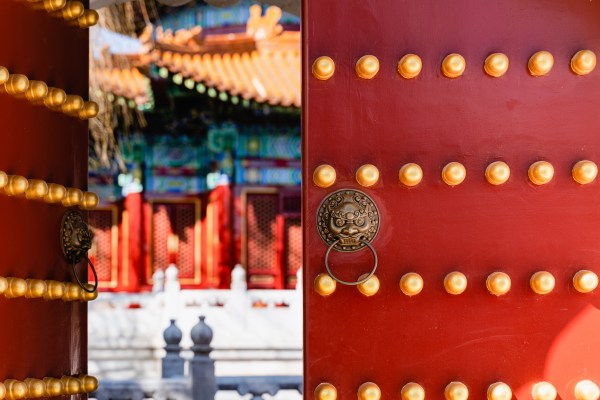[ad_1]

As the use cases of generative AI see explosive adaption, China has taken a leading role in defining how the rapidly changing technology should be used, including a licensing regime for service providers.
On Thursday, China’s top cyberspace regulator unveiled a set of provisional rules to govern generative AI services, including API providers, that serve China-based users.
The question then is if China’s quick response to rein in generative AI and its stringent rules will stifle innovation. The policymakers are well aware of the concern, stressing in the document that the rules aim to “balance development and security.”
First and foremost, the rules require generative AI providers to adhere to core socialist values, which prohibit everything from pornography and terrorism to racism and content that threatens China’s national security.
Algorithms that can influence public opinions, the rules say, must be registered with the relevant authority. Generative AI service providers should also obtain an administrative license in accordance with the law, although the document doesn’t specify who is required to do that.
When it comes to user protection, the rules stipulate that algorithms must not be discriminatory based on factors such as ethnicity, gender, age, occupation, or health, and should not be used for anti-competitive behavior. Service providers are encouraged to create an anti-addiction system for underage users, similar to those used in video gaming.
Service providers are responsible for identifying and stopping the generative process for illegal content, and subsequently correcting the algorithms and reporting the incident to the relevant authority. That means prompts into an image generator or chatbot could potentially lead to legal trouble for individuals.
Moreover, regulators have the right to know the specifics of a generative AI model, including its training data, size, type, tagging rules and algorithms.
Lastly, AI development in China has been a top-down effort. The document is calling for the creation of a public data training platform and the sharing of computing power. Concrete rules have already been proposed in Beijing for a state-backed, centralized platform that allocates public cloud resources based on customer needs
As with other critical industries, China is calling for “self-reliant innovation” in AI algorithms, frameworks, chips, software platforms, and other infrastructure, while still encouraging “equal and mutually beneficial” international cooperation.
[ad_2]
Source link
